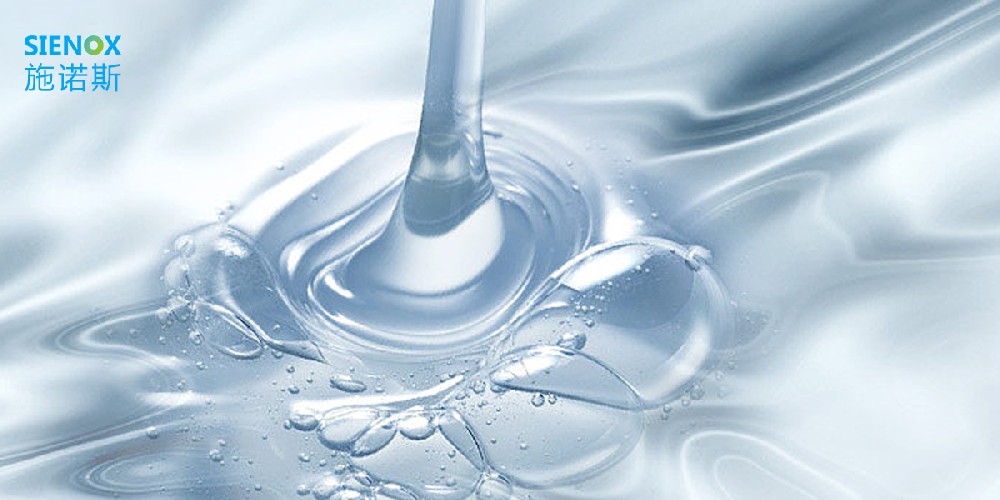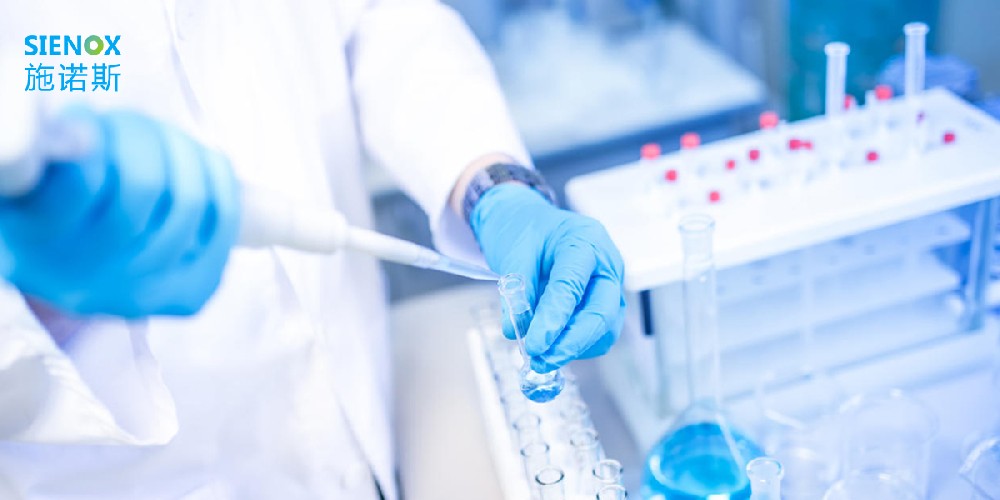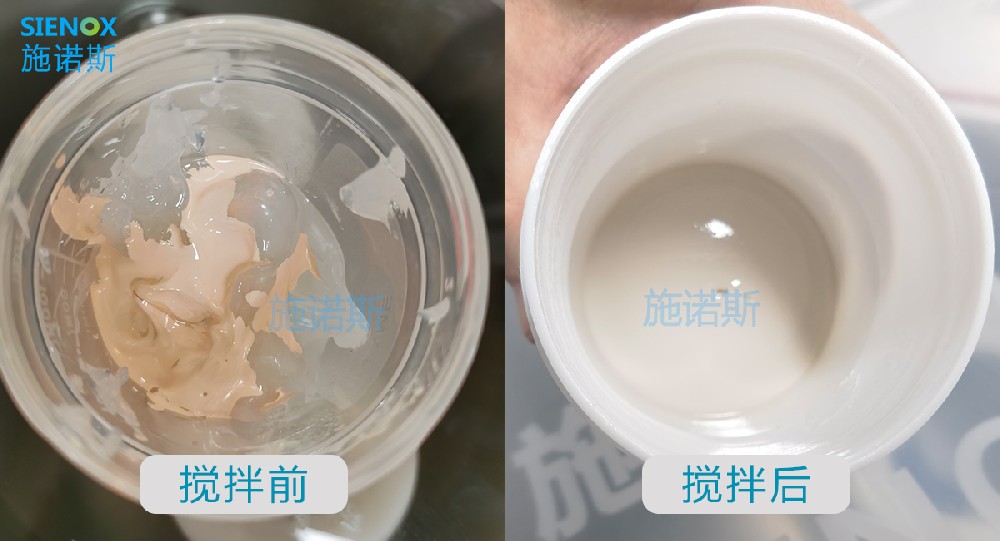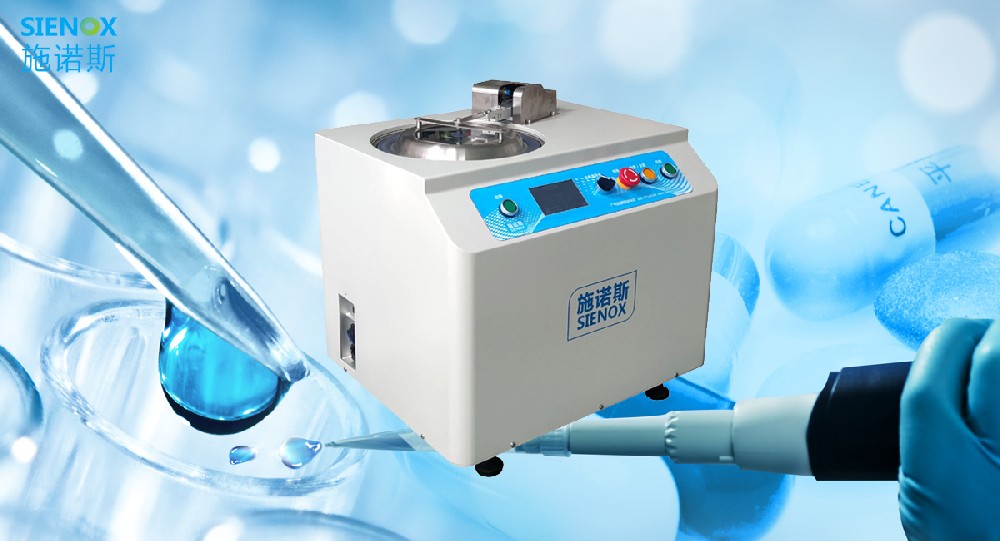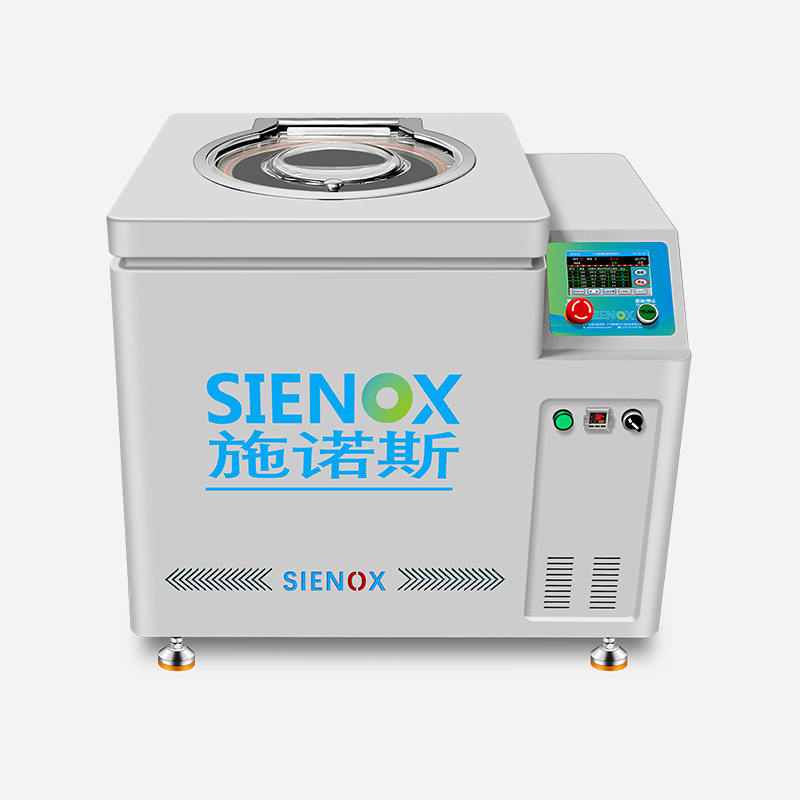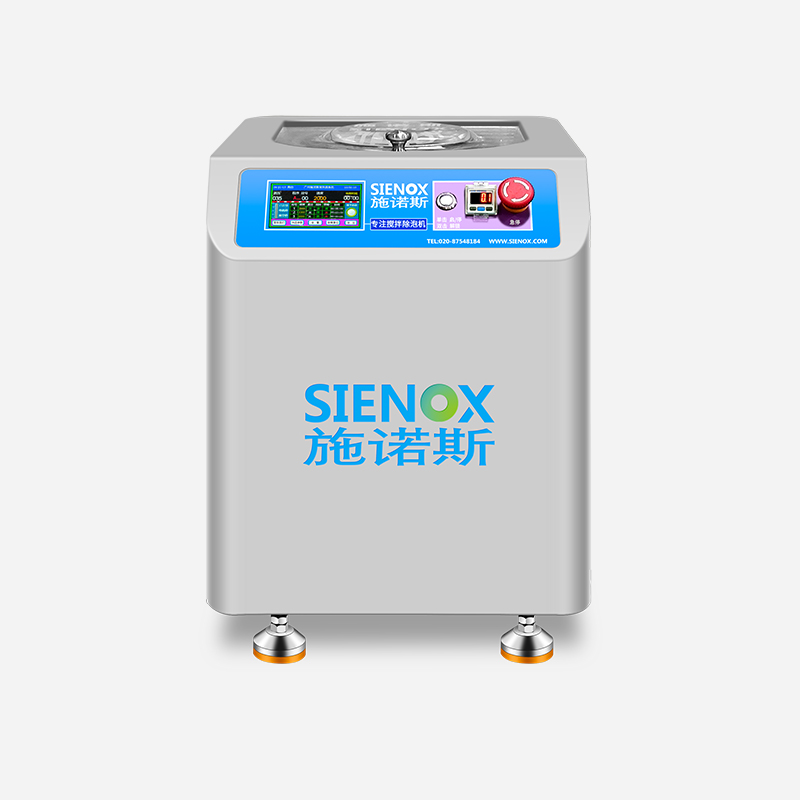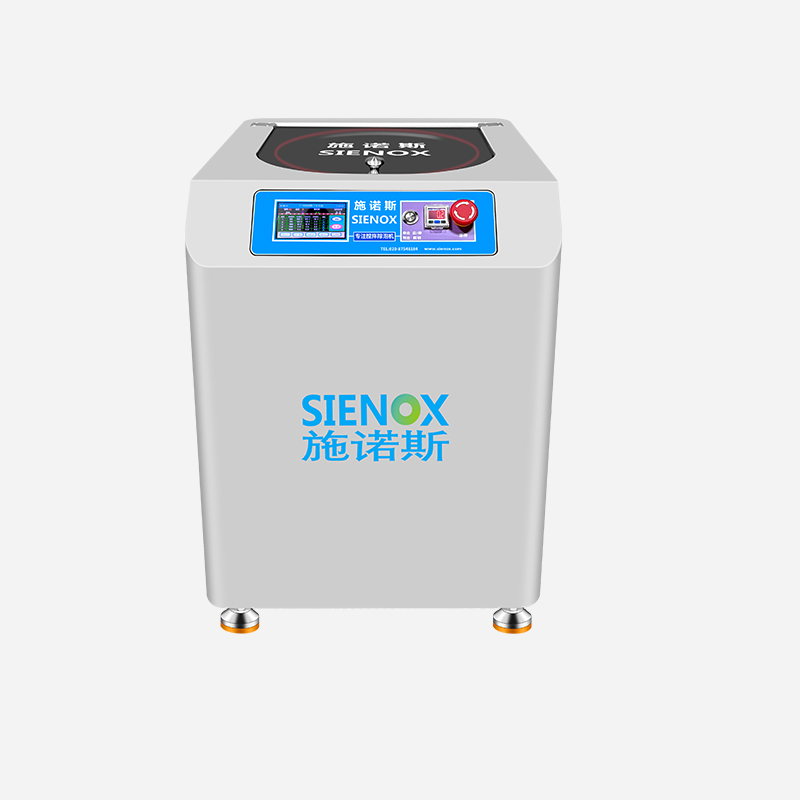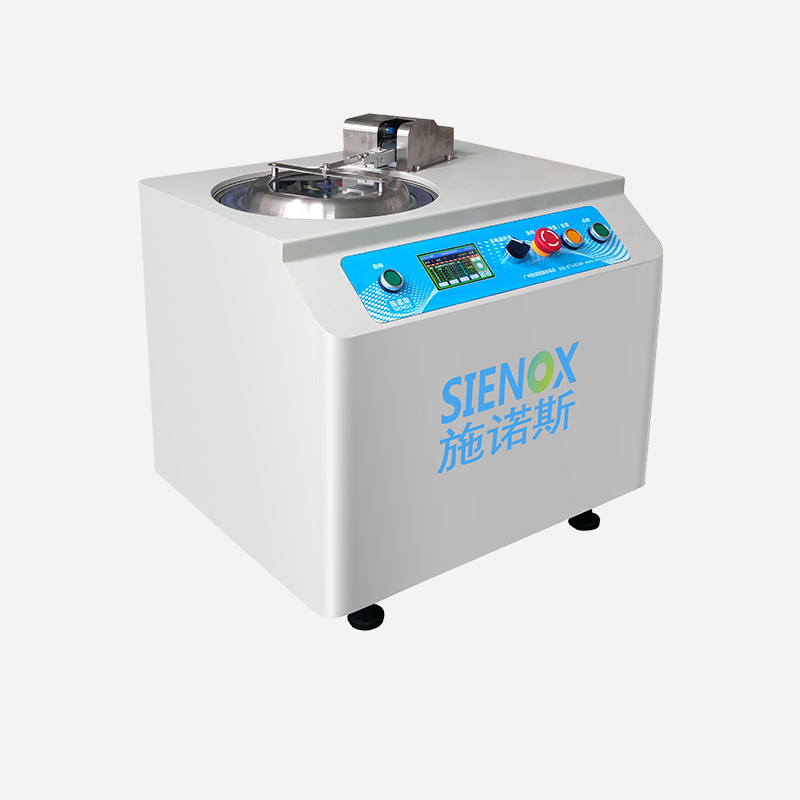
News from the laboratory

TEL:18925129293
Sharing Application Cases of Defoaming Machine in Laboratory Research
date:2023-08-16author:SIENOXLaboratory research is an indispensable part of the chemical industry, and defoaming machines play a crucial role in laboratory research. This article will share several application cases of defoaming machines in laboratory research, helping readers better understand the practical application value of defoaming machines.

Firstly, the application of defoaming machines in organic synthesis experiments is widespread. In organic synthesis experiments, it is often necessary to remove bubbles from the reaction system to improve reaction efficiency and product purity. The defoaming machine can create a negative pressure environment by reducing pressure, extracting bubbles from the reaction system, thereby enhancing the reaction results.
Secondly, defoaming machines also play a significant role in nanomaterial synthesis experiments. During the synthesis of nanomaterials, the generation of bubbles is common, and these bubbles can affect the morphology and performance of nanomaterials. The defoaming machine can effectively remove bubbles from the synthesis system of nanomaterials, making the preparation of nanomaterials more pure and stable.
In addition, defoaming machines can be applied in biochemical experiments. For example, in the process of protein expression and purification, it is often necessary to remove bubbles from the solution to improve the purity and stability of proteins. The defoaming machine can extract bubbles from the solution by reducing pressure, thereby improving the quality and stability of proteins.
Furthermore, defoaming machines can be applied in materials science research. For instance, in the synthesis and processing of polymer materials, it is often necessary to remove bubbles from the materials to improve their performance and appearance. The defoaming machine can remove bubbles from materials by reducing pressure, making the material preparation more perfect and high-quality.
In summary, the application of defoaming machines in laboratory research is extensive, covering various fields such as organic synthesis, nanomaterial synthesis, biochemical experiments, and materials science research. By removing bubbles from the experimental system, defoaming machines can enhance the efficiency of experiments and the quality of products, providing strong support for researchers.






